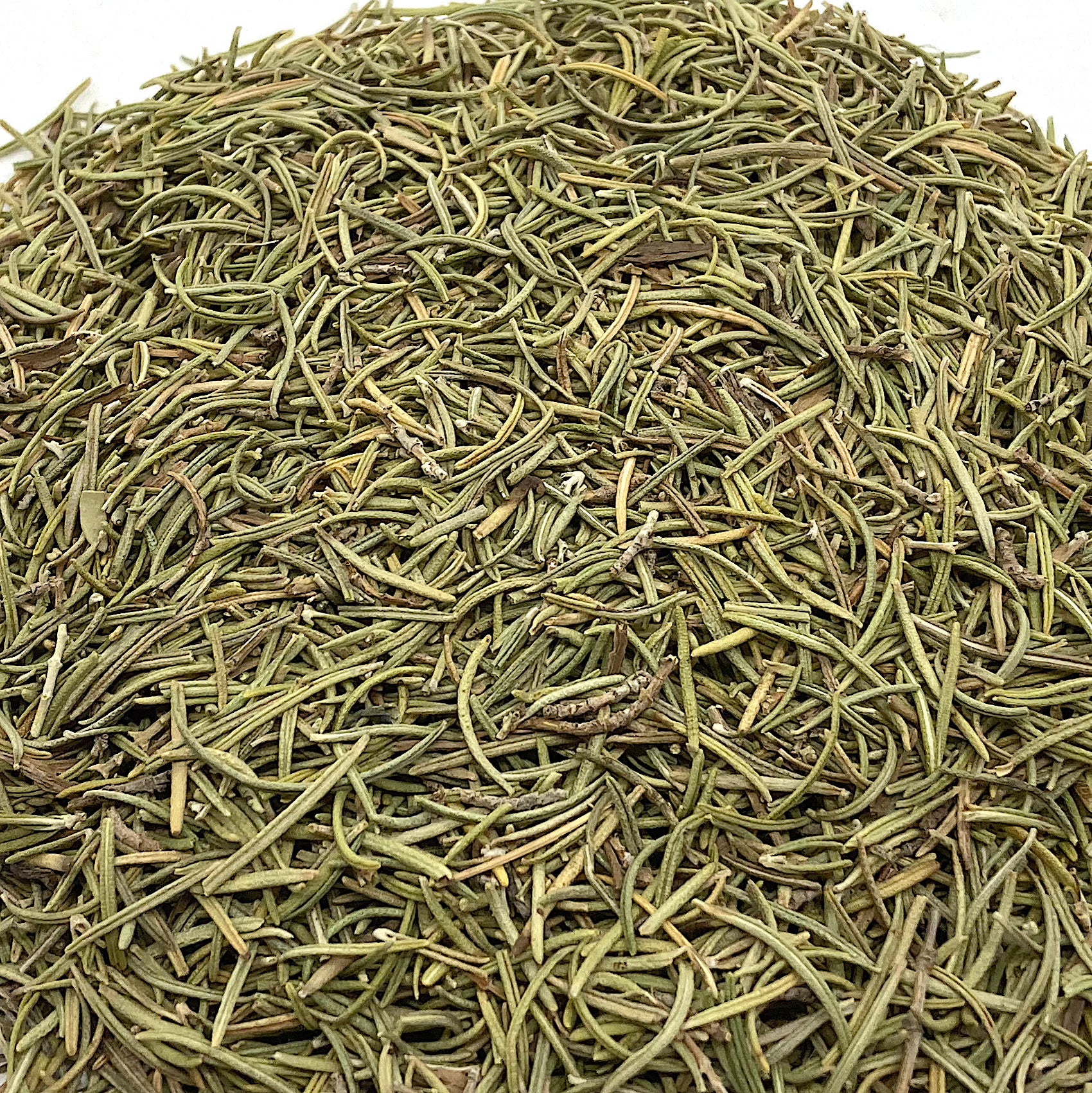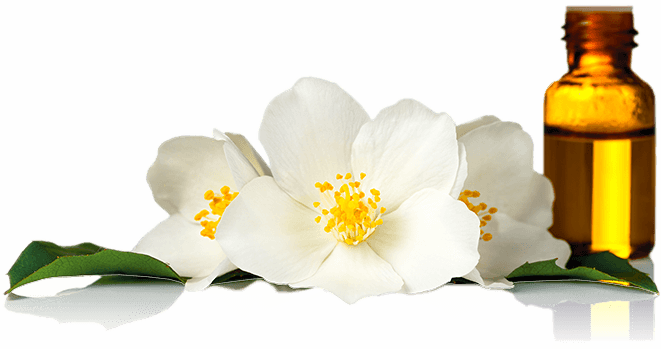Description
MOROCCO. Rosemary (Rosemarinus officinalis) Leaf, Whole, Certified Organic
Common names: Polar Plant, Compass Weed, Incensier, Romero, Esmerine, Klin, Dentrolivano, Alecrim, Biberiye, Anthos, Sadogg, Qakra, Mi Tieh Hsiang, Iklil Al Jabal, Hasalban, Yatbs Qmam, Kusdili
Family: Lamiaceae
Rosemary is a woody flowering perennial plant, native to Asia and the Mediterranean area, that grows up to 5 feet tall, occasionally higher. Preferring well-drained, sunny locations, it is a beautiful, fragrant, hardy plant that is cultivated nearly everywhere.
Rosemary is much loved as a culinary herb and has been revered as a healing and magical standby for millennia. Traditionally considered a warming herb, it has been used to treat almost every system of the body.
Both relaxing and stimulating for the nervous system, Rosemary is given to uplift moods, aid concentration, and soothe headaches, spasms, and pain. It is especially associated with remembrance and memory enhancement. It is said to benefit the eyes and visual function. It tonifies and protects the heart, promotes circulation, regulates blood pressure, and its antioxidant effects prevent arteriosclerosis. It boosts the immune system, and can relieve cold symptoms and asthma. It protects and stimulates the liver and gall bladder. It calms the digestive system. It promoties urination. It can help to regulate the menses, ease menstrual cramps, and bring on the flow when it is delayed; it is said to promote the female libido. It can be helpful for joint and muscle pains, and for sciatica. It helps with oily skin, stretch marks, age spots, and eczema. It is often included in shampoos and other hair products to reduce hair loss and dandruff. Rosemary extracts are increasingly being added to processed foods as natural preservatives for their antimicrobial and antioxidant properties.
Rosemary is a uterine stimulant and should be avoided during pregnancy.
*These statements have not been evaluated by the FDA. These products are not intended to diagnose, treat, cure or prevent any disease.









